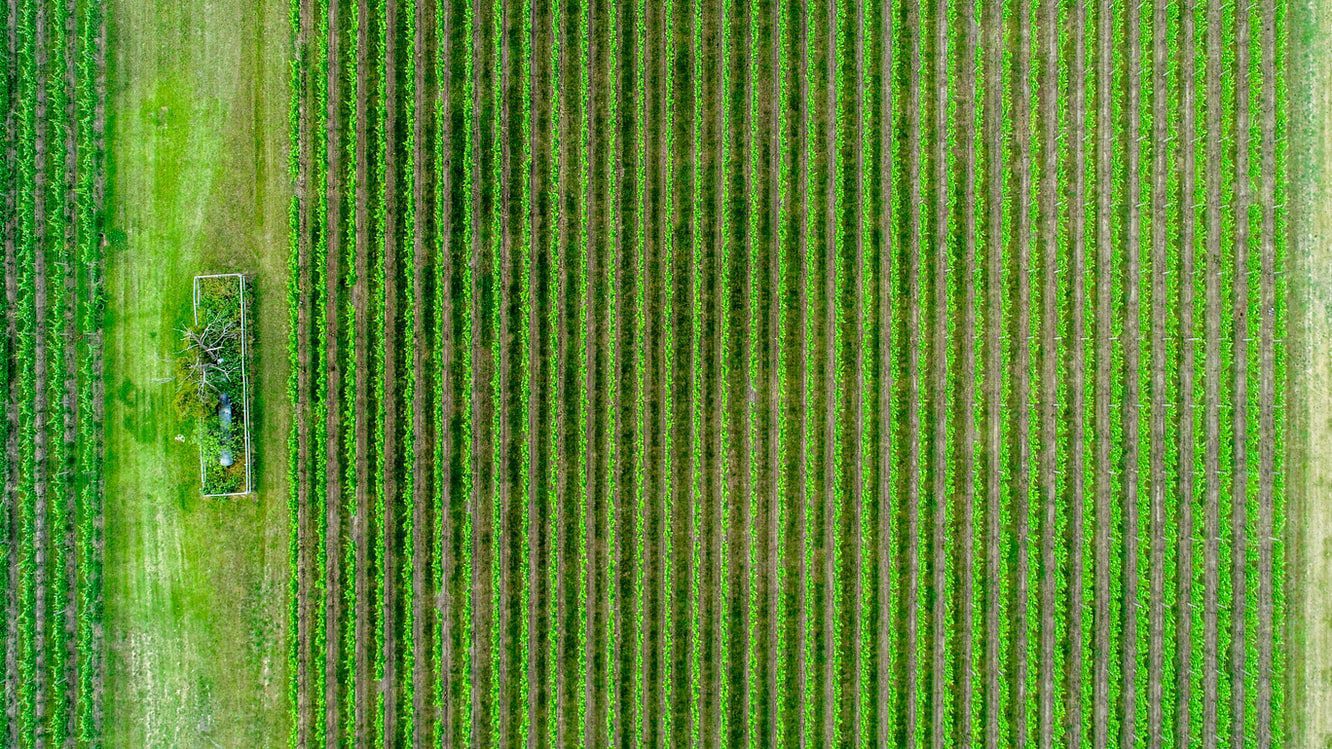The state of farming in 2021 is one of prioritizing efficiency. Land is no longer a growing resource like it was in earlier centuries, so continued advances in farming tech have come to address different challenges. Without endless space to plant crops, the primary objective of modern farming has become extracting more out of less – how does one produce more crop from the same plot of land?
Robots are the answer to that question. With increasing frequency, robots that merge artificial intelligence with mechanical hardware have popped up as prototypes that promise to address a significant problem that occurs on modern farms. Whether it’s the Grain Weevil, which aerates dangerous grain bins so humans don’t have to, or the autonomous tomato-picking robot, which determines which tomatoes are ripe enough for harvest while identifying disease-ridden ones, machines are supplementing farmers jobs and slowly changing the landscape of farming into one that is smarter and safer.

One emerging machine is promising to be the biggest game-changer yet. Sitting at a massive 10,000 pounds, the Laserweeder is expected to tackle the efficiency problem in a massive way by addressing what is possibly the most disruptive element in crop output. Weeds act as parasites by taking from the same water and nutrient supply as the surrounding healthy crops and can cannibalize as much as fifty percent of a farmer’s total cash crop production if left unchecked. In many ways, however, the solution is worse than the problem.
Herbicide has been the common method of mitigating weeds for decades – but this is not without adverse effects. Along with killing weeds, herbicide over time has proven to be immensely damaging to the quality of the soil.
In fact, according to Carbon Robotics founder Paul Mikesell, excessive herbicide use has resulted in so much soil degradation that the overall nutrient content of the vegetables we eat daily has decreased by as much as 40 percent over the last two decades. “We’re changing the way that things are composting in the ground,” says Mikesell, “and it’s causing a bunch of longer-term issues with soil health”. The only viable solution to this problem is to find alternative methods of killing these pests without the use of chemicals.

The Laserweeder just might be the alternative farmers have been waiting for. While there have been other robots like Hugo Green Solutions’ Agricultural Robot that also use laser technology to target weeds, those iterations are much smaller and simply cannot compete with the industrial-level output of the Laserweeder.
Carbon Robotics claims that their machine is capable of clearing a whopping 100,000 weeds per hour and between 15 and 20 acres of farmland per day.
It does this through a vast array of appendages that include eight independent 150-watt lasers capable of firing 20 times per second, lasers that are guided by 12 high-resolution cameras connected to the AI algorithm.
Although pricing models for the Laserweeder are not publicly available, there is no shortage of clients satisfied with the efficiency, autonomy, and cost-effectiveness of the product. “The robot is incredibly effective, works with a range of crops, and can bring overhead costs down,” says James Johnson, fourth-generation owner of Carzalia Valley Produce in Columbus, New Mexico. “The potential for this technology is the highest I’ve seen with any technology as a farmer.”





